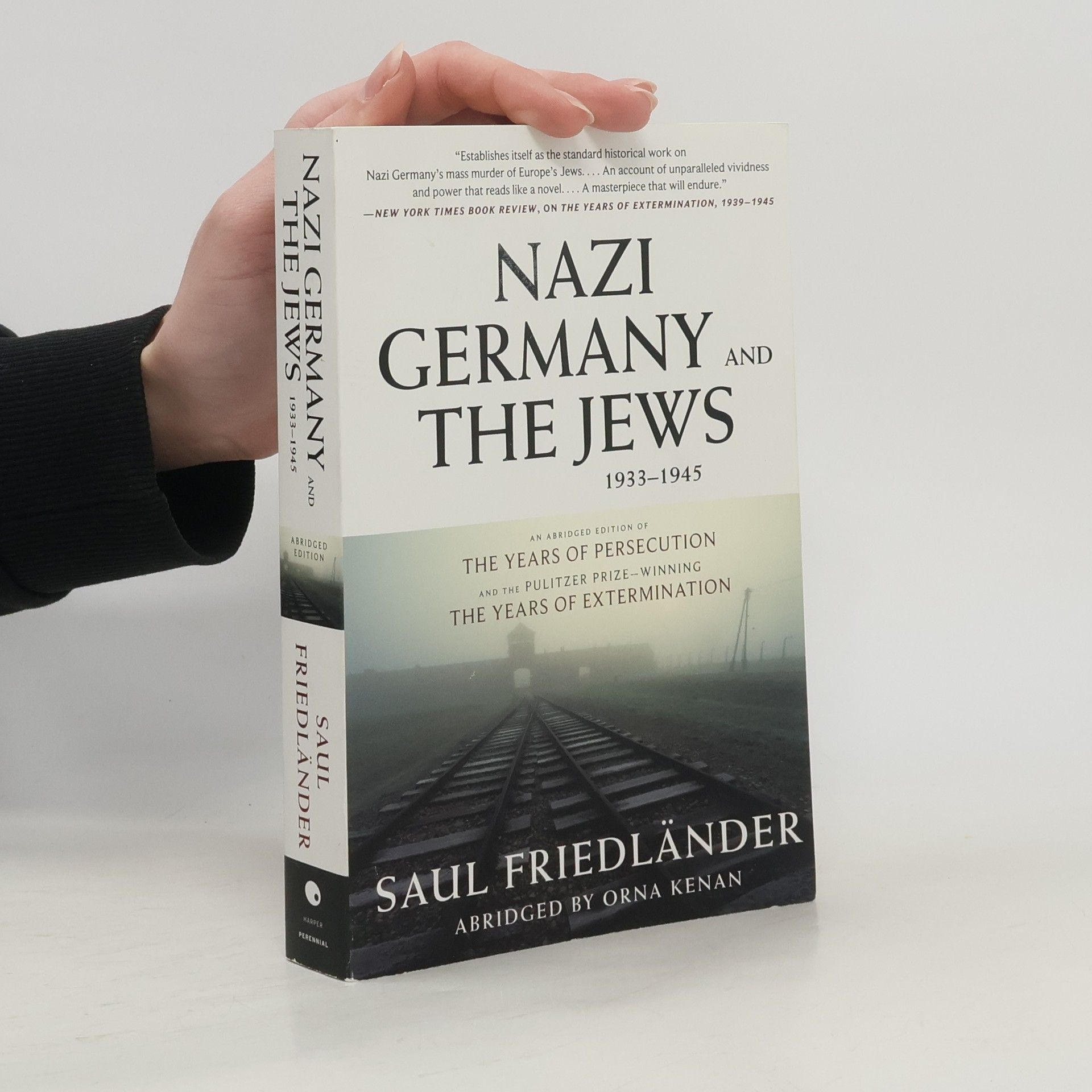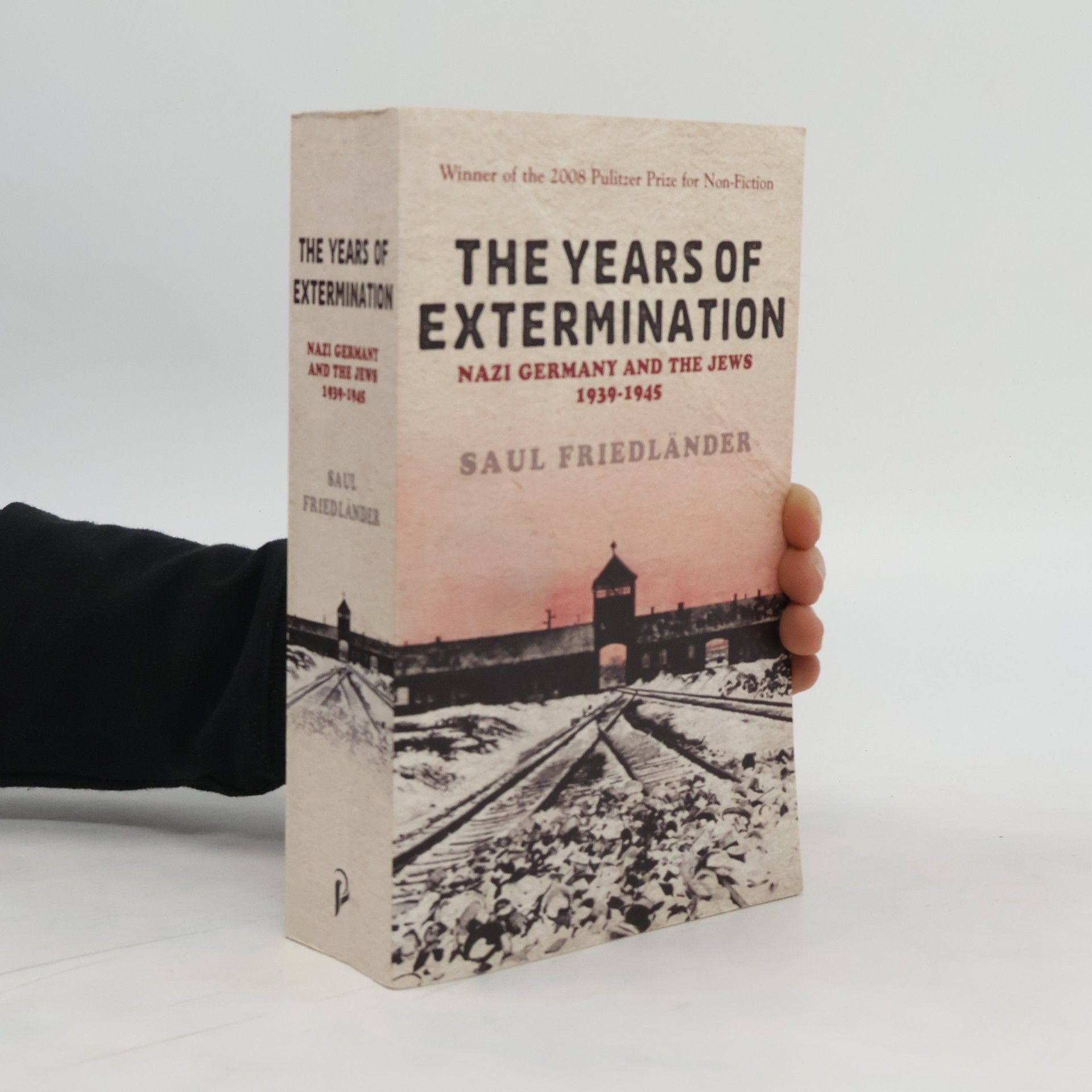Nazi Germany and the Jews
- 482 pages
- 17 hours of reading
An abridged edition of Saul Friedlander's definitive two-volume history of the Holocaust: THE YEARS OF PERSECUTION and THE YEARS OF EXTERMINATION. Saul Friedlander's historical masterpiece is perhaps the richest examination of the Holocaust yet written, and, crucially, one that never loses sight of the experiences of individuals in its discussion of Nazi politics and the terrible statistics and technological and administrative sophistication of the Final Solution. The book's first part, dealing with the National Socialist campaign of oppression, restores the voices of Jews who were engulfed in an increasingly horrifying reality following the Nazi accession to power. Friedländer also provides the accounts of the persecutors themselves - and, perhaps most telling of all, the testimonies of ordinary German citizens. The second part covers the German extermination policies that resulted in the murder of six million European Jews.





